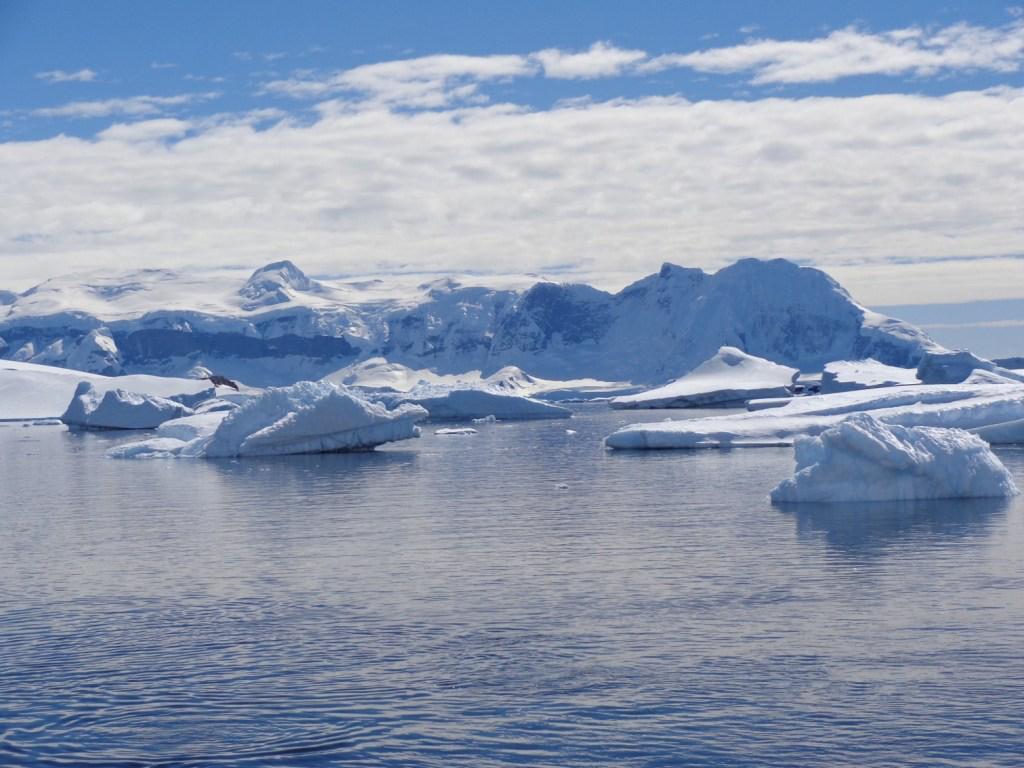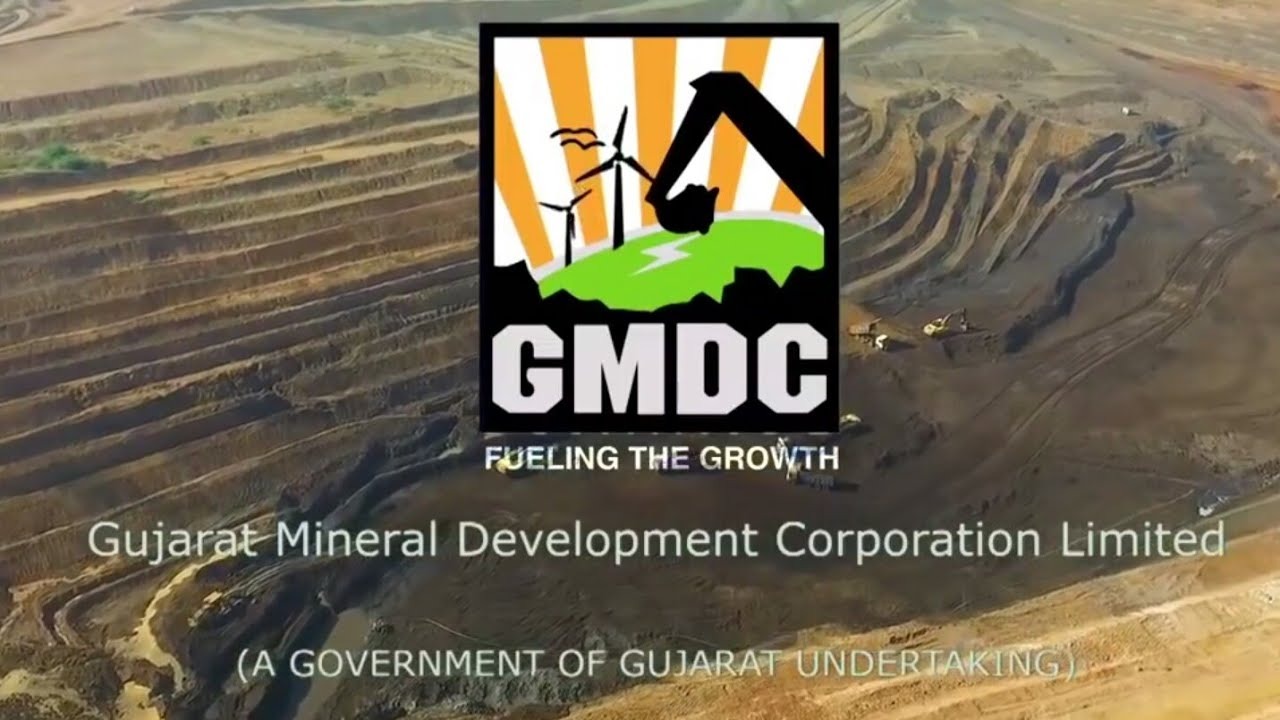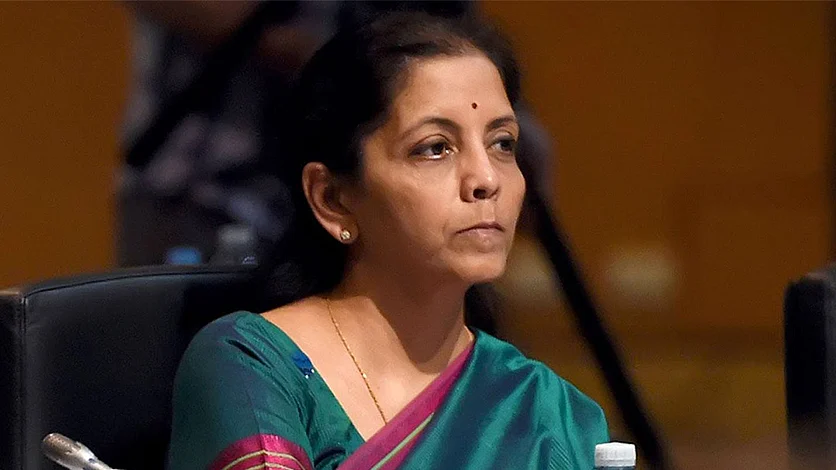 Image Source: NoteBook By The North
Image Source: NoteBook By The North
India is increasingly enhancing its engagement with the geopolitically important Arctic and Antarctic regions, a fact highlighted by Congress MP Shashi Tharoor at a recent meeting of the parliamentary committee that he headed. The committee was briefed by senior officials from the External Affairs and Earth Sciences Ministries on India's growing activities and scientific studies in these polar regions.
Key Highlights: India's Expanding Polar Footprint
India has had a continued scientific presence in Antarctica with a permanent research station for climate studies, glaciology, and biodiversity, reflecting decades of interest in polar science.
While developed countries currently dominate the Arctic, India has intensified its interest, recognizing the region’s rising strategic and environmental importance amid shifting geopolitical dynamics.
The Arctic faces increasing geopolitical tensions driven by resource extraction and new trade routes, the reverse of Antarctica's status as a "global common" under international treaties promoting peaceful scientific collaboration.
India's participation in global forums dealing with polar governance and climate change falls within its broader goals of scientific inquiry, environmental conservation, and securing sustainable access to new resources.
Tharoor described the subject as unusual but significant, stressing the scientific and geopolitical relevance of India's activities at the poles.
This emphasis is supplementary to India's broader foreign policy strategy to raise its profile worldwide in new sectors of strategic concern amidst changing international alignments.
Outlook: Polar Regions in India's Global Strategy
India's proactive involvement in the Arctic and Antarctic showcases a multi-dimensional approach combining scientific research, environmental protection, and diplomatic outreach. It demonstrates an anticipatory preparedness to address challenges as well as opportunities that are emerging due to climate change, resource access, and shifting global power equations in the polar frontiers.
Sources: Economic Times, PTI, The Week
Advertisement
Advertisement







